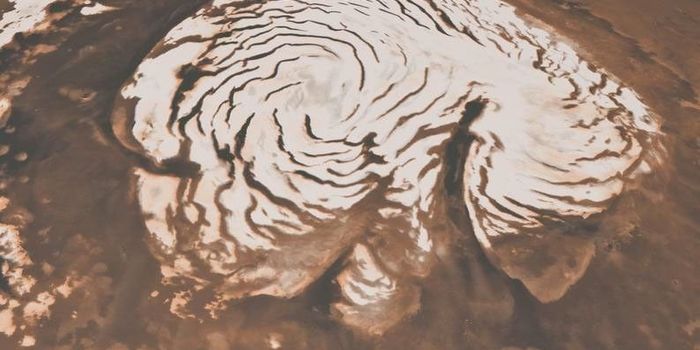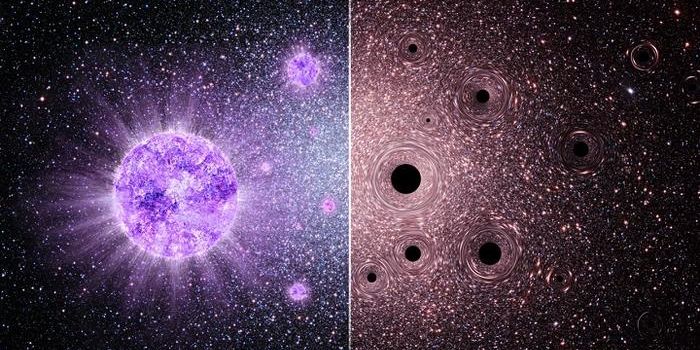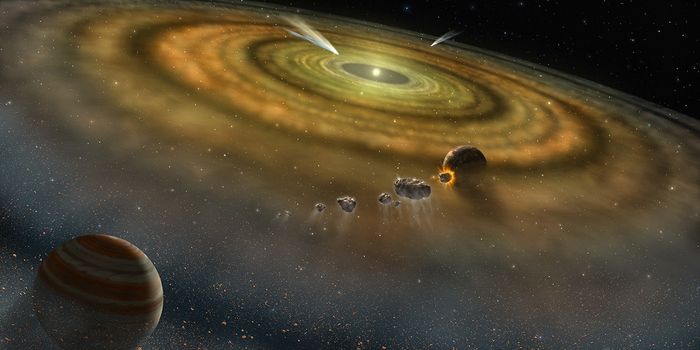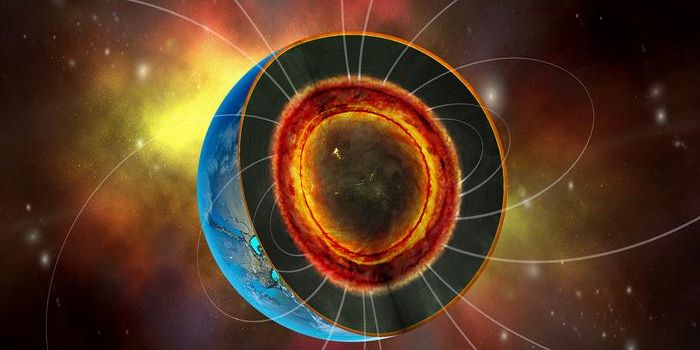Perseverance's MOXIE Experiment Creates Oxygen on The Red Planet
In a recent study published in Science Advances, a team of researchers led by the Massachusetts Institute of Technology (MIT) discuss how MOXIE (Mars Oxygen In Situ Resource Utilization (ISRU) Experiment) onboard NASA’s Perseverance Mars rover has been successfully producing oxygen from the Red Planet’s carbon dioxide-heavy atmosphere since the rover touched down in Jezero Crater in February 2021. Given this is the first time ISRU has been demonstrated on Mars, this study is a crucial step in sending humans to the Red Planet, someday.
The study discusses how by the end of 2021, MOXIE successfully created oxygen during seven experiments under a myriad of conditions, to include differing atmospheric conditions, such as night and day and different Martian seasons, as well. Each of the seven experiments met its goal of creating six grams (0.01 pounds) of oxygen per hour, or equivalent to the hourly rate of a modest tree on Earth.
The researchers hope an upscaled version of MOXIE could be sent to Mars ahead of a human mission, with the goal of producing oxygen equivalent to several hundred trees. That much oxygen will allow for both sustaining a human presence once they arrive, along with producing rocket fuel for the return trip home.
"We have learned a tremendous amount that will inform future systems at a larger scale," says Dr. Michael Hecht, principal investigator of the MOXIE mission at MIT's Haystack Observatory. As stated, MOXIE is the first successful demonstration of ISRU on Mars, which is the process of cultivating resources at the source for use rather than transporting them all the way from Earth.
"This is the first demonstration of actually using resources on the surface of another planetary body, and transforming them chemically into something that would be useful for a human mission," says MOXIE deputy principal investigator Dr. Jeffrey Hoffman, a professor of the practice in MIT's Department of Aeronautics and Astronautics. "It's historic in that sense."
Sources: Science Advances
As always, keep doing science & keep looking up!









